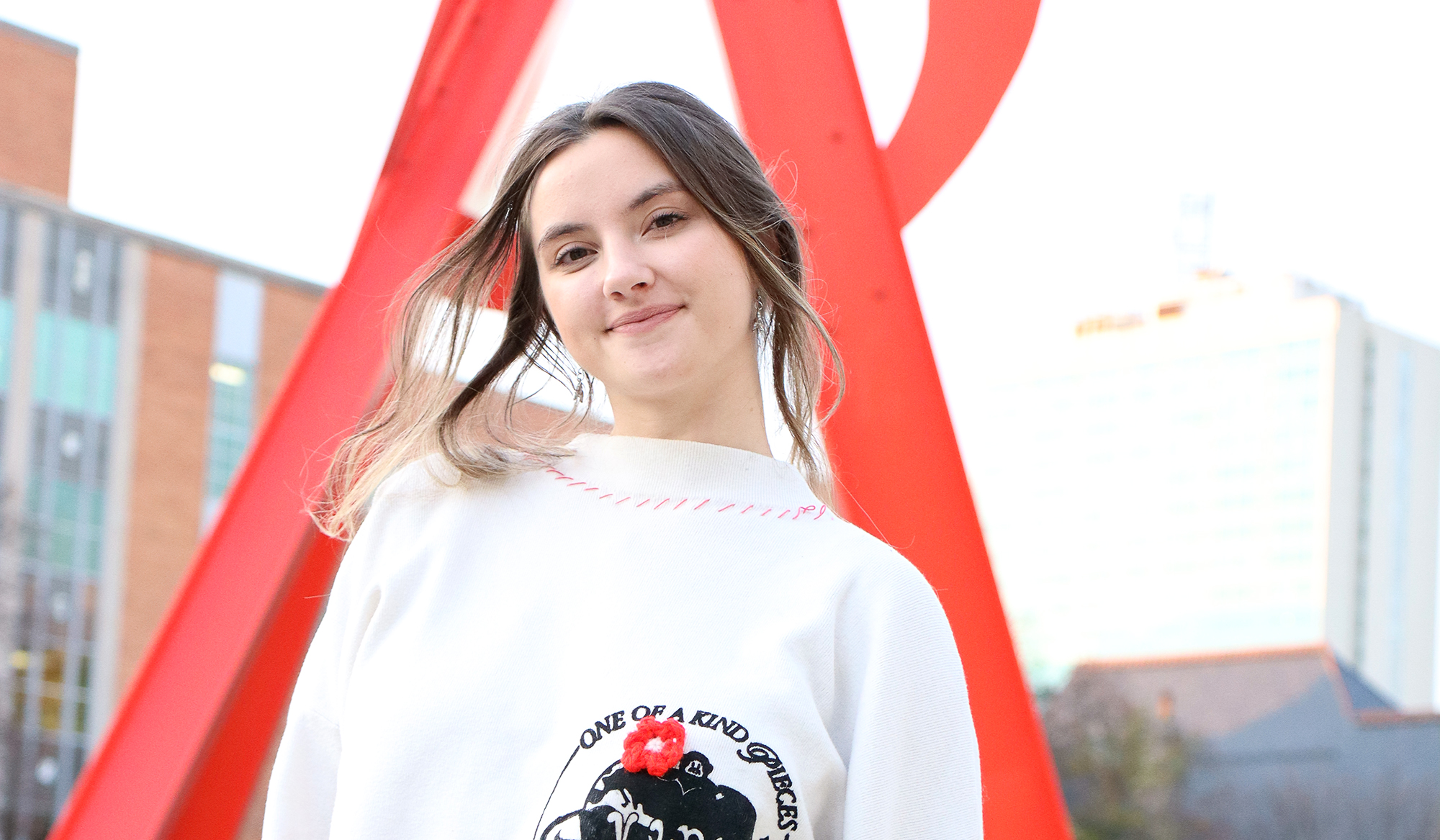Ashley Lucas is a professor and the director of the program in Latina/o Studies and is the undergraduate advisor for the major and minor at U-M. Her research and teaching interests include U.S. Latina/o theater, prison theater, theater for social change, and related topics in acting, playwriting, and comparative ethnic studies.
Can you provide some background on the term “Latinx” and its emergence?
The term “Latinx” was created as an activist intervention to resist the inherent gender binary in Spanish as a romance language. Queer and nonbinary members of the Latinx community wanted a way to express their identity that was not inherently gendered.
How has “Latinx” been received in Latina/o communities?
The reaction to the term Latinx has been very mixed. Many people, especially on university campuses in the U.S., have embraced the term. Others feel like it sounds strange and is particularly awkward in Spanish because the “x” is not a vowel. If you wanted to say, for instance, “The Latinx children are beautiful,” the “x” changes the word ending on all nouns, articles, and adjectives in the sentence, transforming the sentence from the more traditional, “Los niños latinos son bonitos,” into “Lxs niñxs latinxs son bonitxs,” which is utterly unpronounceable. This makes Latinx a more practical term in English but really difficult in Spanish.
In many Spanish-speaking places, like Puerto Rico, the preferred gender-neutral term is not Latinx, but Latine. I was recently talking to a group of students from a Latina sorority on campus, and some of them disliked the term “Latinx” because they felt that other students on our campus, including some who have no Latin American heritage, had pushed the term on them forcefully, perhaps as a way of signifying their political views. The students who were expressing discomfort with this hadn’t heard the term “Latinx” until they got to college and felt resentful of the sense of judgment against terms like “Latino” or any other that had been used by their families and communities of origin.
My own opinion is that we should call folks whatever they ask to be called, without judgment or the policing of language.
At U-M, some Hispanic and Latina/o groups use “Latinx,” such as the celebration of “Latinx Heritage Month” on campus. Is there a generational or geographic difference in the adoption of “Latinx”?
The name of our curricular program is Latina/o Studies, though a number of courses in the program include the word “Latinx” in their titles. I have not seen a move among the faculty yet to change the name of the program, and I think that is not so much a generational issue as an acknowledgment that the current terminology is in a moment of rapid change. I’m not sure whether Latinx, Latine, or some other term will end up being the prevailing way for our community to identify in the next 10 years, so we’re waiting a while to make any changes to the title of the program. Other events, the titles of courses, and the way we talk about our community is left in the hands of many individuals who are making a broad variety of choices about this particular language issue.
Is there anything else you’d like the U-M community to know about this topic?
I think debates about language are exciting and engaging, showing that our culture is alive and shifting with each generation. Our current and former students will each find their own way to speak and live as best suits their identities and self-expression.
What are some of your favorite resources to share for those looking to learn more and be supportive and inclusive of Latina/o communities?
For undergraduate students, I cannot recommend highly enough professor Larry La Fountain-Stokes’ Introduction to Latina/o Studies course! As a theater professor and someone who believes in the power of performance to describe and transform culture, I refer people to the Latinx Theatre Commons, which is a national organization with online resources as well as in-person events.





